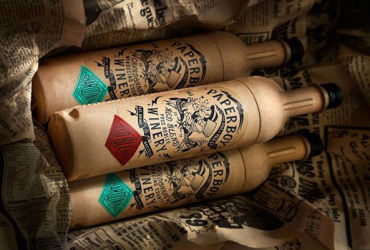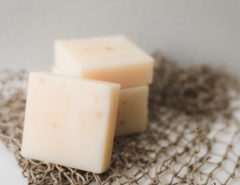By: Gaby Talarico
In the super market these days, there are many words on packaging that companies use to persuade individuals to buy their product. One of these words is natural. In fact, American consumers have spent billions of dollars on food bearing this ambiguous adjective, and more than half of all Americans actively seek out all natural products when shopping [1]. Many people believe that “natural” indicates that a product does not deviate from ingredients which come from the ground. On the other hand, some people are confused by the term natural because a true definition of the word does not exist in the food industry.
In 1990, Congress passed the Nutrition Labeling and Education Act (NLEA), which gave the FDA more control over the nutritional information displayed on food products. The NLEA had three objectives: “(1) To clear up consumer confusion about food labels, (2) To aid consumers in making healthy food choices, and (3) To encourage product innovation so that manufacturers are given an incentive to improve the quality of the food and make more healthy food choices available to consumers” [2]. These three objectives sound great, but there is one problem…the ubiquitously used “natural” is not legally or scientifically defines, leaving objective number one unsatisfied. To try to fix this problem, in 1991, the FDA made an informal policy. This policy states that the definition of natural means “nothing artificial or synthetic (including colors regardless of source) is included in, or has been added to, the product that would not normally be expected to be there” [1]. It is great that the FDA tried to resolve the conflict, but the statement only lead to more ambiguity, leaving consumers a little in the dark.
An example of this ambiguity could be seen in the labeling of high fructose corn syrup (HFCS). If a consumer were to question if HFCS was natural or not, the answer would probably be no, right…? Wrong! Based on the ‘somewhat’ definition the FDA gave, HFCS could be classified as a natural product depending on how it is made and handled. It’s no wonder that some consumers may feel a little slighted.
Due to the confusion behind the term natural, consumer lawsuits against companies that advertise with this word when it did not pertain to the product have increased [1]. However, since the FDA chooses not want to participate in these cases, the courts must issue rulings without a fair standard to follow. This means that some court cases could be ruling in favor of the consumers and some would be in favor of the company being sued. Many courts have decided that the FDA’s refusal to make a standard definition for the term natural “implies that the FDA does not believe that the term ‘natural’ requires uniformity in administration” [1].
A Solution?
Since the FDA is more or less complacent on defining natural, the Natural Products Association (NPA) has stated that they are going to attempt to make a universal standard for the term. This organization represents the term natural for some retailers, and manufacturers.
It’s obvious that overarching government regulation with regard to this issue is quite complicated. Perhaps the best advice for consumers wanting to buy natural is to read the ingredient labels of the foods they buy and decide if they meet their own definition of the word- and perhaps consult a food scientist to help interpret what some ingredients are and why they are used 🙂 .
References:
[1] Negowetti NE. 2014. Defining Natural Foods: The Search for a Natural Law. Regent University Law Review 26:329-67.
[2] Weaver A. 2014. “Natural” Foods: Inherently Confusing. Journal of Corporation Law 39(3): 657-74.
Cover image: www.agriculturewire.com






Interesting information. New Diet out there called the Daniel diet from the days of BC. Quote they live on all natural and no preservatives. Sounds like it’s hard to get this information nowadays. Great Stuff Gaby…..look forward to your future blogs.